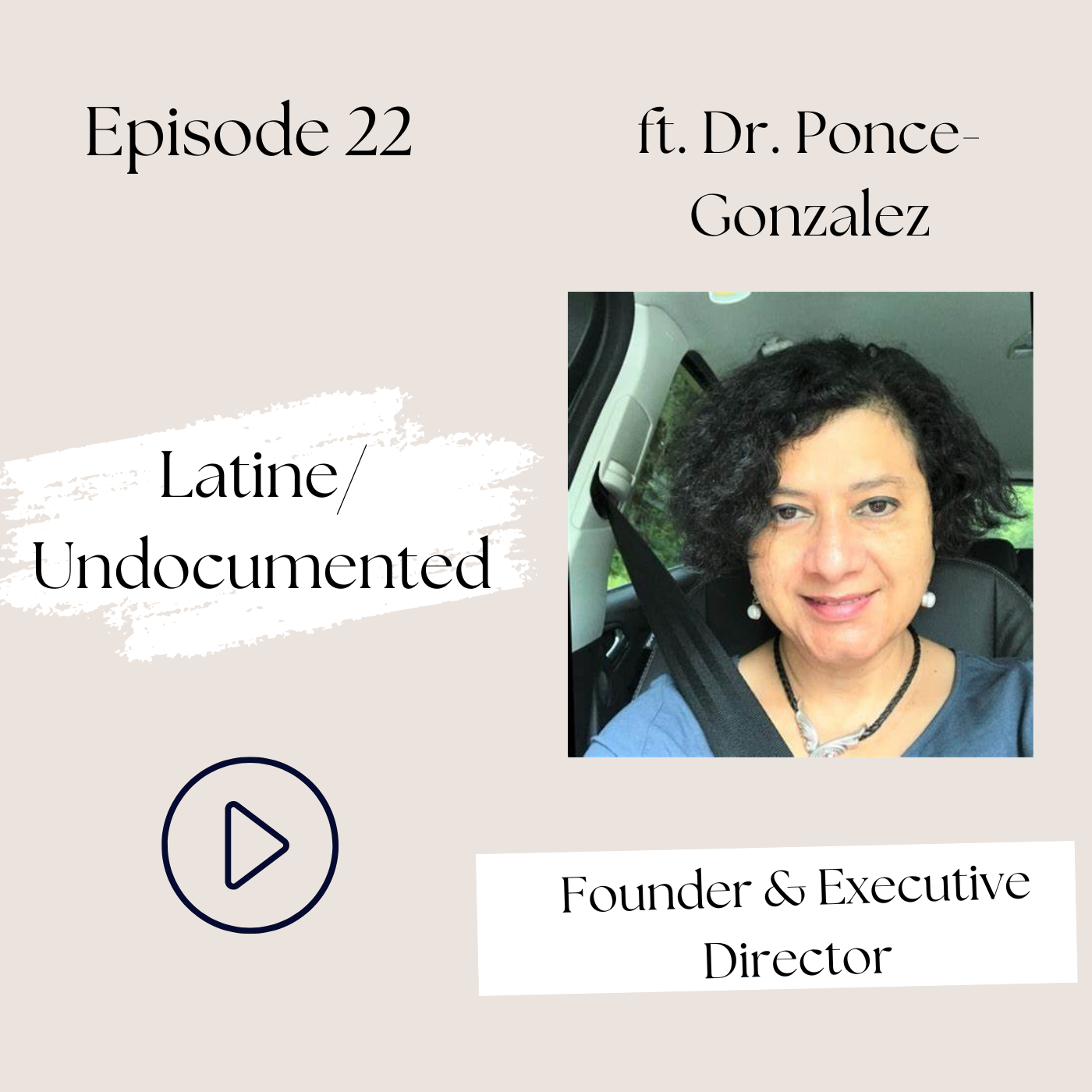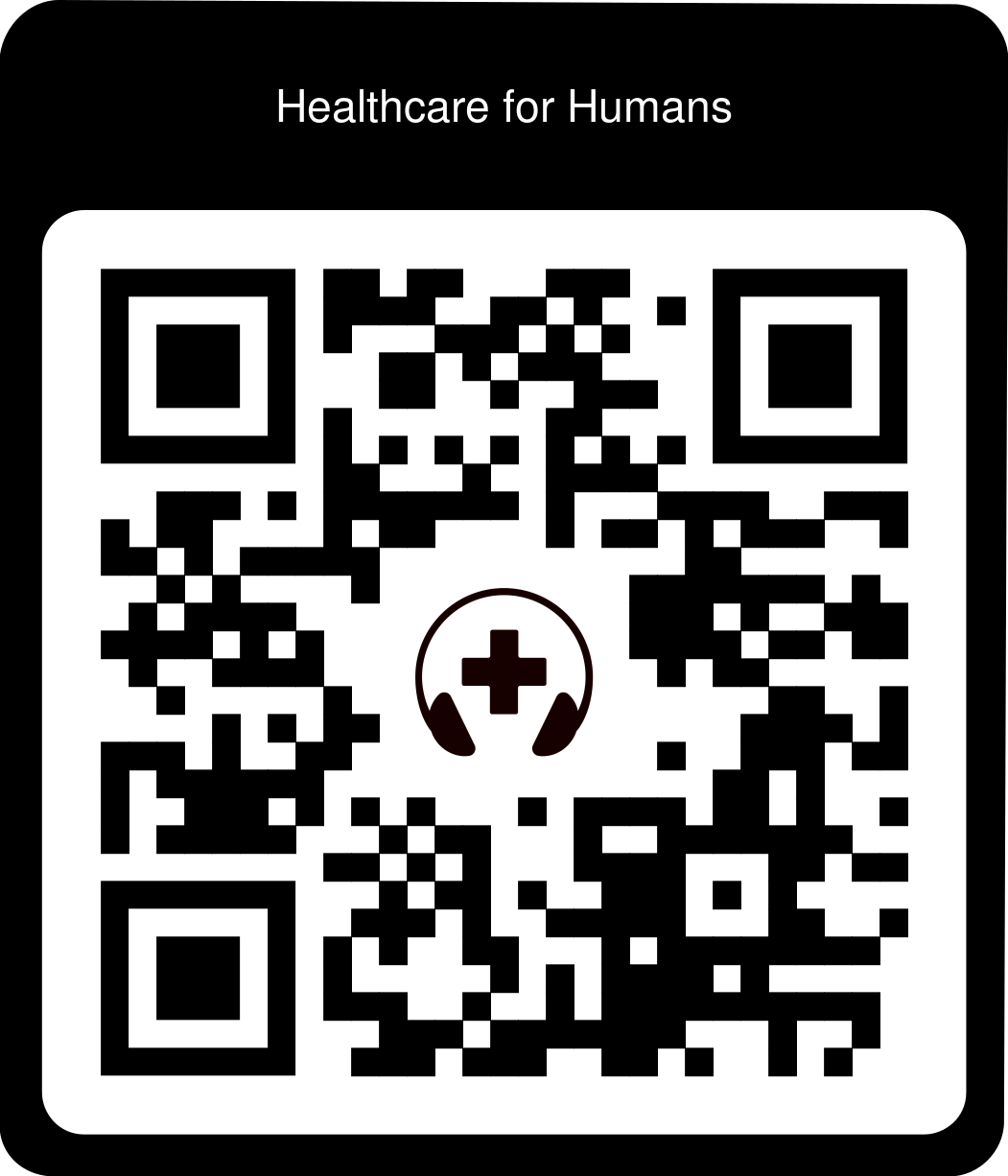Latine/Using Community Health Workers to Care for the Undocumented (Dr. Ponce-Gonzalez, Ep 22)
When I first met Dr. Ponce Gonzalez, I was struck by her passion for the Latinx community and her dedication to making a difference in their lives. In today’s episode, I had the privilege of sitting down with her to discuss the unique challenges Latina workers face in the healthcare system and the complexities of the Latinx community. As the founder and executive director of the Community Health Worker Coalition for Migrants and Refugees, Dr. Ponce shared her story of being born in Nicaragua, the importance of education, and the impact accents have on Latinas in the professional world.
We delved into the power dynamic between doctors and patients and the concept of being proximate to understand better and support marginalized communities. Dr. Ponce emphasized the crucial role of establishing trust and connection between clinicians and patients, especially for Latinx communities who are often undocumented or face various healthcare access barriers. We also explored how the current system can lead to a health crisis for both documented and undocumented Latinx individuals.
Lastly, we touched on the need for tailored care models and language support for the Latinx community, and the incredible value of a community health worker familiar with the culture and able to provide peer support. I challenge all of our listeners to actively work against any biases, including language or accent bias, and strive to create inclusive workplaces where every voice is heard and respected. Join us in this important conversation and learn from Dr. Ponce Gonzalez’s insight and experience as we work together to improve healthcare access and equity for the Latinx community.
——— EPISODE CHAPTERS WITH SHORT KEY POINTS ———
(0:00:01) – Caring for Undocumented Latinx Communities (14 Minutes)
We explore the complexities of the Latina community and the unique challenges Latina workers face in the healthcare system. How can community health workers bridge the gap in healthcare access? What is our moral obligation to care for one another? We discuss the concept of being proximate and how it can help us understand the experiences of those who are marginalized and excluded from society. Dr Ponce Gonzales, the founder and executive director of the Community Health Worker Coalition for Migrants and Refugees, shares her story of being born in Nicaragua and the importance of getting an education. We also talk about the impact of accents in the Latina community and how it often leads to people disregarding or challenging their expertise and knowledge. Finally, I challenge listeners to actively work to counteract any bias, including language or accent bias, and to establish an environment where every voice is heard and respected in their workplace.
(0:13:57) – Relationships in Healthcare Disparities (11 Minutes)
We examine the effects of a hierarchical power structure where people obey doctors without question. We emphasize the significance of forming a bond between the clinician and the patient and the necessity of context-based cultures to enable this relationship. We also analyze the system’s impact on documented and undocumented Latinx communities and how this can lead to a health crisis.
(0:24:50) – Latinx Workers and Health Challenges (7 Minutes)
We discuss the challenges faced by Latinx workers and the difficulty they have accessing resources. We look at how the power structure of the healthcare system can lead to exploitation and humiliation. We explore how the exploitation of migrant workers can lead to criminalizing their status, even when they are not criminals. We consider the importance of providing support to Latina mothers facing perinatal depression and how this can benefit their children. Lastly, we examine the unique set of challenges construction workers face and how this relates to the Latinx community.
(0:31:39) – Depression Treatment Community Health Worker Models (11 Minutes)
We discuss the need for models of care and support tailored to the Latinx community’s needs, as well as the need for education and language support. We also explore the value of a community health worker who is familiar with the culture and who can provide peer support and understanding. Finally, we look at the importance of community coordination to help people understand the resources available to them.
(0:42:50) – Human Health Care Disclaimer and Request (0 Minutes)
We examine Latinx workers’ difficulties accessing the healthcare system and the need for tailored care models and language support. We also analyze the power dynamics between healthcare workers and patients and the importance of forming a bond of trust between them.


































